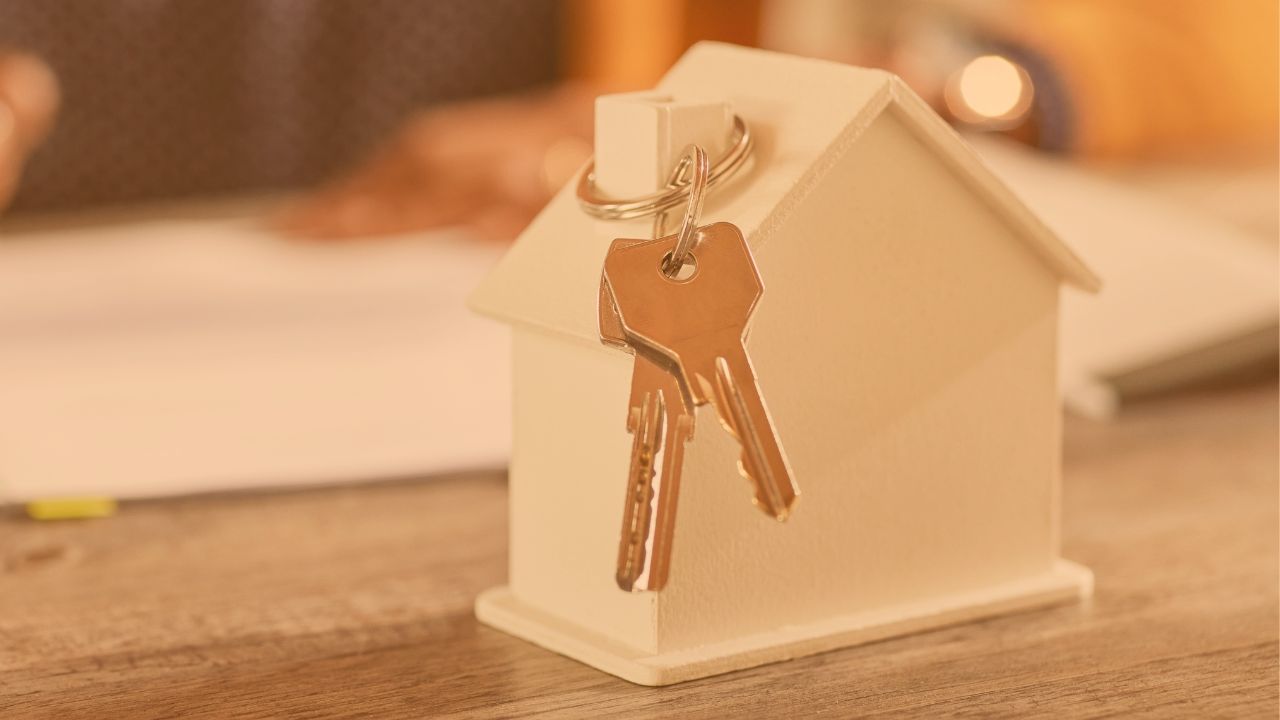Key Takeaways
- Strong tenant screening and clear communication are essential for long-distance landlords, as reliable renters and open dialogue reduce risks and ease oversight from afar.
- Regular check-ins and local support networks help maintain control, whether through annual visits, trusted contractors, or professional property managers who handle daily operations.
- Staying competitive requires strategies like monitoring market trends, using technology, and making smart upgrades ensure properties remain attractive and profitable, even when managed remotely.
There are many reasons to invest in properties that are out of state. For some investors, it’s about tapping into stronger housing markets where demand is high and property values are rising fast, others are drawn to regions with lower purchase prices. Out-of-state investing can also serve as a way to diversify risk by spreading assets across multiple markets.
While being a long-distance landlord comes with its challenges, with preparation, solid systems, and trusted partners, you can run a profitable rental business from anywhere. We at Kokopelli Real Estate will provide you with tips to help you effectively managing rentals from afar!
Choose Tenants You Can Trust
A responsible tenant provides you with peace of mind. This is where screening becomes your first line of defense. When screening prospective tenants run thorough credit and background checks, verify income and employment stability, and review rental history.

Doing so will help you find someone who will care for your property. Strong tenants ultimately reduce the need for constant oversight.
Establish Clear Communication Channels
You need to provide tenants with direct, updated contact information, and encourage them to report issues immediately since small leaks or pest problems caught early cost far less to fix. Landlords with properties in Grand Junction, Colorado must also check in periodically, whether by phone, video call, or email. Monthly or quarterly check-ins keep you informed without intruding. A respectful relationship makes it more likely they’ll be honest and cooperative.
Visit the Property Annually
Even with great tenants and technology, nothing replaces seeing the property in person. A yearly visit allows you to inspect condition, spot wear and tear, and meet your renters face-to-face.
Use these visits to walk through the unit to confirm maintenance needs, ask tenants how things are going, and assess whether upgrades could justify higher rent in the future. This small investment of time keeps your property competitive and your tenants reassured.
Keep an Eye on the Market
Distance can disconnect you from neighborhood trends that directly affect rental performance. Demographics shift, new developments appear, and regulations change. If you’re not paying attention, you risk falling behind.

To stay informed follow local news outlets online, track rental listings in your property’s neighborhood, and compare your rent to similar units to ensure you remain competitive.
Build a Local Network You Can Rely On
Every landlord, whether near or far, eventually faces maintenance issues. The difference is proximity. Local landlords can meet contractors on-site; long-distance ones cannot. That’s why developing a trusted team of local service providers is essential. Start building relationships with:
- Plumbers and electricians.
- HVAC technicians.
- Property inspectors.
- Handymen for smaller repairs.
- Cleaning crews for turnovers.
Having a ready network means you won’t have to scramble during emergencies or risk hiring the first name you find online. A poorly done repair can cost more than the original problem. Reliable contacts prevent that.
Weigh the Value of Property Management
For many long-distance residential landlords, the smartest move is partnering with a local property manager. Think of them as your boots on the ground, handling day-to-day operations so you don’t have to. A strong property manager can:
- Market the unit and handle showings during vacancies.
- Screen tenants thoroughly.
- Draft leases and ensure legal compliance.
- Collect rent and chase down late payments.
- Coordinate repairs through their vetted vendor network.
- Perform regular property inspections.

Tenants benefit too, they get quick responses to issues without waiting for you to coordinate across time zones. And you gain peace of mind knowing professionals are keeping everything running.
The Tax Angle
One overlooked benefit of being a remote landlord is the tax treatment of property visits. As long as your trip has a legitimate business purpose, such as inspections or meeting with contractors, many associated costs are deductible. Always consult a tax advisor when seeking to make use of deductions so you don’t leave money on the table.
Staying Competitive From Afar
Distance often fuels anxiety about property maintenance, neighbors, or tenant care. That’s natural, but effective management systems ease the worry and keep you competitive in the local markets. With solid screening, clear communication, annual check-ins, and a local property manager, you replace uncertainty with structure.
You also need to stay consistent. Make sure you:
- Know the Local Market – If rents are rising in your neighborhood, adjust accordingly. If supply is high, consider incentives like allowing pets or offering a professional cleaning to retain tenants.
- Use Technology – Video tours, digital leases, and online payment systems allow you to manage efficiently without being present. These automated systems can also make it easier for tenants to make timely payments and get answers to inquiries.
- Invest in Upgrades – Even minor changes, like replacing outdated fixtures or repainting, keep your unit appealing and competitive in local real estate markets. The right property renovation and upgrades can also protected and enhance your investments long-term value.
Bottom Line
Being a long-distance landlord may seem daunting, but with the right systems it’s entirely manageable. Focus on finding trustworthy tenants, establishing consistent communication, conducting regular inspections, monitoring the markets, developing a solid local support network, and hiring a property manager.
If you’re thinking of hiring a local property management company to oversee the day-to-day operation turn to our experts at Kokopelli Real Estate. Contact us today to learn about our professional services!

